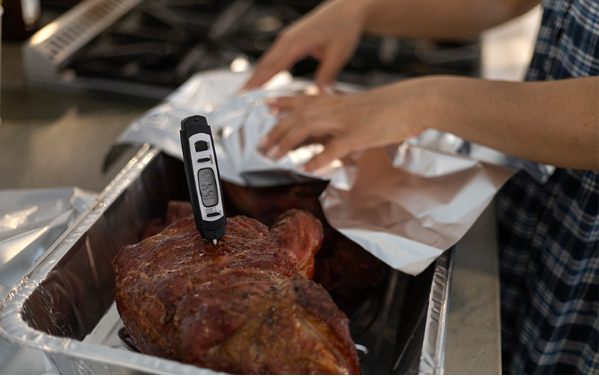The food and beverage sector in Singapore continues to evolve rapidly. Amid rising consumer expectations and stringent regulations, businesses must stay updated with current practices to remain compliant and competitive. Whether you run a café, manage a hawker stall, or work in a central kitchen, the stakes around food hygiene have never been higher.
Here are five crucial trends reshaping food safety that every stakeholder should take seriously—because in this industry, even minor lapses can lead to major consequences.
1. Mandatory Certification for All Food Handlers
Gone are the days when training was optional. Today, a valid food hygiene certificate in Singapore is no longer just beneficial—it’s a regulatory requirement. All staff handling food must pass the Basic Food Hygiene Course before starting work. This shift reflects a broader emphasis on structured, standardised food safety education.
In response, training providers have refined their programmes to focus on real-world practices and updated legislation. Workers not only learn how to prevent contamination but also understand accountability, reporting protocols, and inspection preparedness.
2. Increased Demand for Digital Traceability
With supply chains growing more complex, traceability is no longer confined to large-scale food manufacturers. Small and mid-sized enterprises are also expected to document sourcing, storage, and preparation processes with precision. Digital solutions now allow real-time tracking of batch numbers, expiration dates, and temperature logs.
Digital logs reduce human error and make audits more efficient. Businesses that embrace traceability not only demonstrate accountability but also position themselves as responsible players in the market. As food safety incidents gain visibility, transparent handling processes can make or break consumer trust.
3. Stricter Cleaning and Sanitation Protocols
Food establishments in Singapore face regular inspections, and hygiene lapses can lead to suspension or fines. This has resulted in the tightening of cleaning protocols across the board. Establishments now implement cleaning schedules with strict documentation and assign hygiene roles to specific staff members.
A growing number of businesses use colour-coded tools to prevent cross-contamination and adopt ‘clean-as-you-go’ policies to ensure constant upkeep. Those who train their teams consistently—in line with food hygiene and handling certificate requirements—find it easier to maintain compliance and avoid enforcement action.
4. Emphasis on Allergen Awareness and Labelling
Allergen labelling is no longer limited to packaged goods. Diners today expect clear allergen declarations on menus and verbal clarity from service staff. This requires front-of-house and kitchen staff to understand ingredient risks, cross-contact, and disclosure practices.
Courses that include allergen awareness modules are growing in relevance. Whether it’s recognising hidden allergens in sauces or preventing transfer between surfaces, proper training ensures safety for customers and confidence for business owners. A single mistake can lead to a medical emergency and reputational harm.
5. Climate-Conscious Food Handling Practices
Sustainability is shaping every part of the food supply chain—including food safety. Climate variability impacts raw ingredients, storage conditions, and pest control methods. As temperatures rise, so do the risks of spoilage and bacterial growth.
Food establishments need to adapt by upgrading cold storage systems, using energy-efficient equipment, and selecting sustainable packaging that still preserves freshness. Modern training incorporates these considerations, ensuring hygiene standards keep pace with environmental shifts.
Conclusion
Singapore’s food sector demands agility and accountability. From certification and cleaning to digital traceability and allergen awareness, businesses must align with evolving standards to maintain credibility and protect public health. Those who invest in current training methods and enforce compliance across their teams will continue to thrive in this competitive space.
To stay compliant and competitive, contact Avanta Academy and enrol in a certified food hygiene and handling course today.

